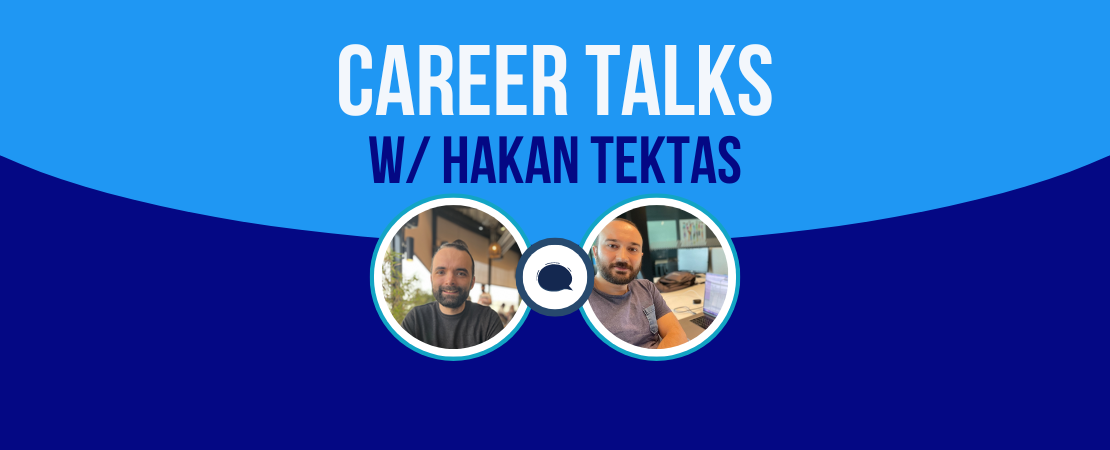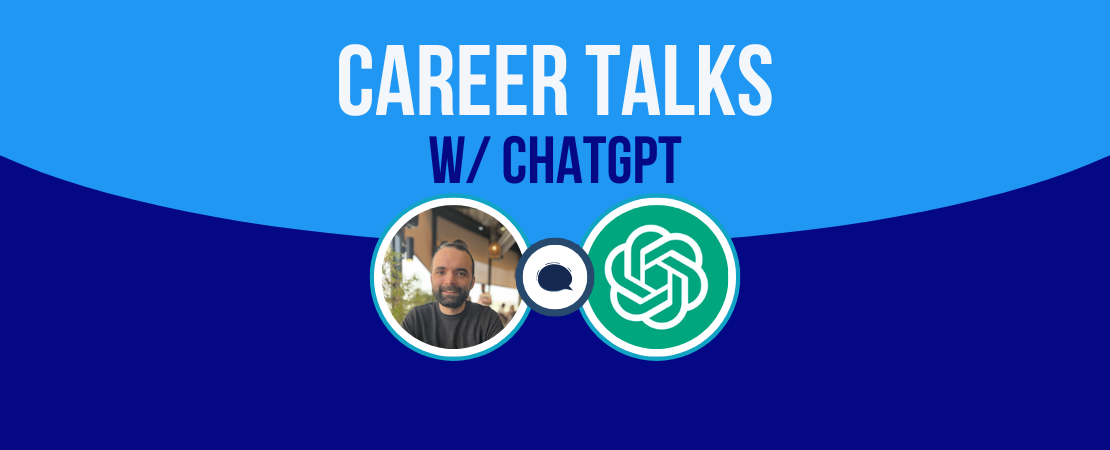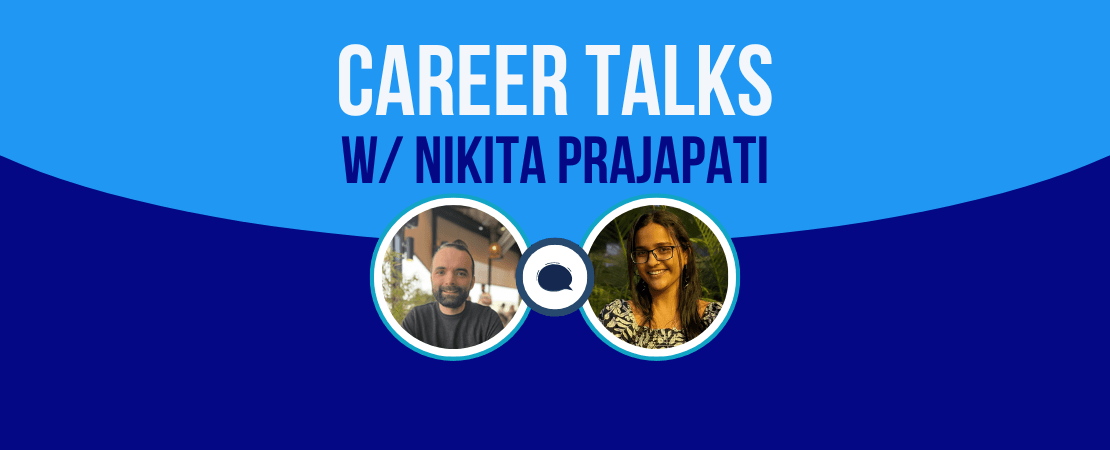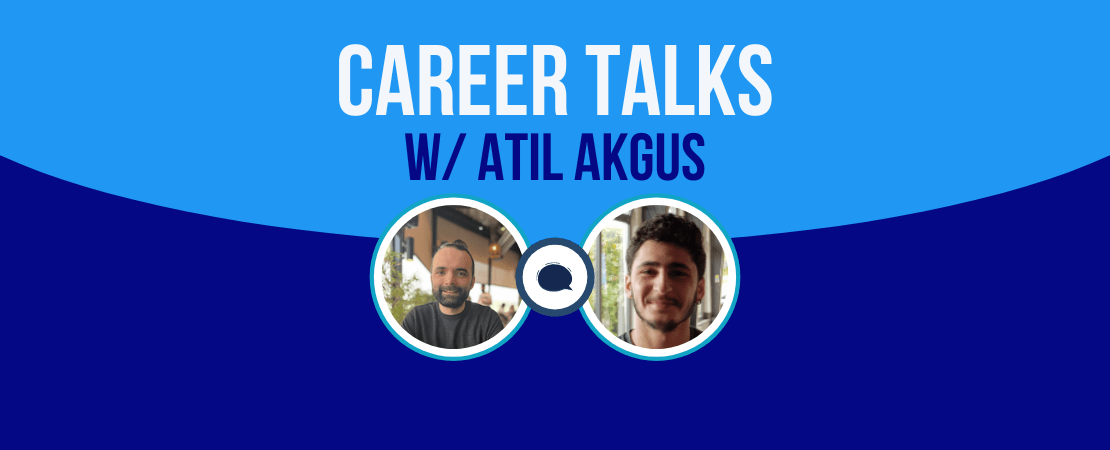Hakan After graduating from Istanbul University forest engineering, I decided to advance in another field in my career by getting training and certification in the field of occupational health and safety, which was popular at that time. One day, a friend of mine introduced me to a company that was looking for an occupational health and safety specialist. The company was a software company that developed software in this field. With the software they have developed, experts working in the field of occupational health and safety can monitor their processes by entering their data and at the same time ensure that the processes are documented. I started to work in charge of the training of the software developed in this company and I explained it to the employees in the field of occupational health and safety. I have served in this field for about a year. I worked as a software training and support specialist for about a year. I was working in a kind of support position. During this time, I contributed to the software to have better features by sharing training, support, and feedback from experts with the team. I was making suggestions for the software to be of better quality by conveying the errors and problems I found during the pieces of training to the teams.
Afterward, as I was curious about the work of software teams and followed them in their work, my interest in technical issues started to increase and I wanted to work closely with the software team. With my increasing interest, I started to do support and testing work with more care and enthusiasm. In the past time, I have been the person who found the most bugs and issues, reported the most bugs and issues, and closed the most bugs and issues. While the process was going this way, the company offered me to be a software tester. After spending my first year with training and support, I contributed the remaining 2 years in the field of software testing; I completed it by working closely with software developers. Subsequently, I changed jobs in order to gain a more professional experience in software testing. I gained experience in web-side and web automation in the company I went to. Now, with my experience at the company, I passed by, I was wearing my software tester hat.
After gaining about 4-5 years of web testing experience, my path crossed with Mobven. In order to gain development and experience in mobile tests, I wanted to take part in mobile projects. Mobven was a place I followed because it is a company that develops mobile applications and mobile technologies. As Mobven is a strong company that attaches importance to mobile technologies and is strong in the field of mobile, I believed that I could gain experience on the mobile side so I switched to Mobven. I am currently working as a QA Architect at Mobven.
Baris Q2: What does it take to be a great software tester?Hakan A software tester must first be curious. This is especially sensitive for the developer and the tester. What I am trying to explain with curiosity is that it is necessary to constantly work, focus, and fiddle with something. You won’t know and understand until you try. I liken a software tester to a culinary gourmet. The gourmet should first taste every dish, every flavor, and discover it for himself beforehand. In other words, it receives information about the content and makes its own evaluation. We, the QA professionals, first read the analysis, examine the design documents and create our scenarios and start doing our tests with our own perspective. We discover the software and begin to test it freely without indiscriminate borders. The second important thing after curiosity is attention. When a software tester encounters a release package or product that forwards it to him, he should carefully test whether it has a bug-free, enjoyable, user-friendly version before it is passed on to the end user. At the end of the day, we are users too, and whatever experience we expect, we must provide that experience to our users. At this point, the third important point is to be able to empathize. The link to be established with the version to be tested, especially from the user’s point of view.
But these phenomena will become stronger over time. Before, especially in the beginning, you try to search for mistakes by making a general discovery. After that, you start testing by putting the experience-oriented user experience first. You can even contribute to improving the user experience by giving feedback in this direction. Communication skills are important at this point. The software tester is the last exit before the bridge. Being strong in communication, the benefit of improving yourself in communication directly affects the communication you establish with the team, the organization of the team, and the language you use while conveying the mistakes you find. In fact, what you need at this point is motivation. You have to find your own motivation points to ensure your inner motivation.
The last thing I can say is that you should raise the flag where necessary. You should raise the flag when you sense that the sprint is going to be successful or unsuccessful when you observe that the project is headed for failure, when you feel that there will be a time problem, or when you anticipate whether an existing business will be directly or indirectly affected. You have to be brave about it. While the developer is focused on the code he wrote, while the project manager focuses on the process, you must dominate the whole flow and analyze it in order not to miss the moments when you need to raise the flag.
Baris Q3: What do you think has made you successful thus far?Hakan Especially being responsible and selfless has made me successful in my career life. No matter what job I do, I have received positive feedback from all the managers I have worked with so far because I always respect and embrace the work I do. However, having a strong communication ability has also opened a door to success in my career. When I come across issues that I have no knowledge about, learning and practicing without giving up are other key points that take me forward and enable me to improve myself.
Baris Q4: What advice do you have for people who want to become software testers and advance in their careers?
Hakan Although it can be tedious, they need to be patient. Because our job can be boring sometimes. First of all, I would like to advise them to learn to be patient. The point of view of finding and discovering bugs or issues, especially on the side of manual testing, can be boring. However, the point of view of researching and discovering the problematic parts, the ability to convey to the developers correctly, and the retesting of the corrected parts are among the topics that improve both skepticism and your communication skills. Although it may sound boring from this perspective, you will be investing in yourself. Patience and loving your job will be two important concepts that will provide you with this motivation. Speaking of the concept, I suggest that they read various content such as what is software testing, what it consists of, and what criteria it has. ISTQB has internationally recognized training and certificates. Again, ISTQB has books and a dictionary in the field of software testing. I recommend reading these books and the dictionary in detail. However, I recommend they attend theoretical training in webinars and environments such as Udemy. These pieces of training will be very useful when the webinars are deciding whether it is appropriate before they actually take their journey in the field of software testing. Finally, I recommend that they join the communities related to software testing and follow current developments and current technologies.Hope your research excitement never ends!
Baris Q5: What were some of the key breakthrough moments in your career?
Hakan I would like to say that I’ve had two experiences that changed my career. I’ve researched manual testing for a long time, and I have performed manual tests. However, with the becoming popular of test automation day by day and affecting our lives, I’ve wanted to switch to this field. I first learned what web automation is and what to do with that in real life. I realized that it is a thing that shortens the time in manual tests and increases the quality of the software. I have experienced how important it is to be able to achieve consistency in various combinations such as different browsers, different warning screens, and different versions. Secondly, I met Mobven. I got to know mobile technologies better with Mobven. I increased my mobile knowledge in Mobven. I met many different mobile technologies. I’ve had the opportunity to do mobile testing and work with mobile automation for a long time. These two experiences are one of the most important steps in my career.


